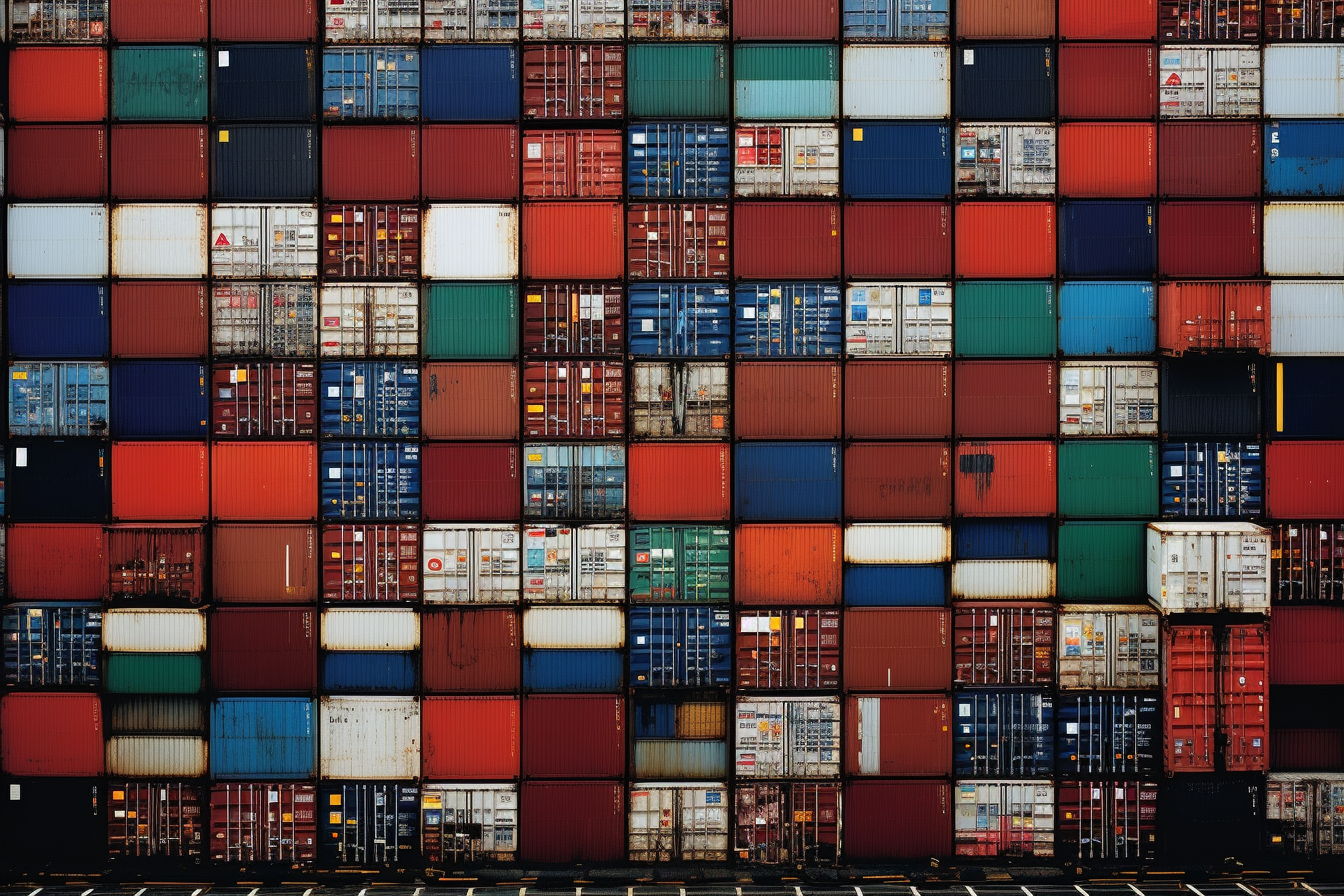Customs Fraud Lawsuit Settles
The U.S. government has settled a customs fraud lawsuit against International Vitamins Corporation (IVC), a domestic company that imports vitamins and supplements from China. The government alleged that IVC misrepresented over 30 products to avoid customs duties and failed to repay these duties despite acknowledging the misclassifications.
As per the approved settlement by U.S. District Judge Mary Kay Vyskocil, IVC will repay $22,865,055 to the U.S. The agreement includes admissions from IVC regarding its actions. The company acknowledged that between 2015 and 2019, it used incorrect HTS classifications for 32 imported Chinese products, resulting in duty-free rates.
IVC, in a settlement agreement, admitted to misclassifying products and underpaying customs duties. They provided inaccurate HTS classifications to customs brokers and continued to do so even after receiving Notices of Action from CBP. It was discovered that they had underpaid duties on the products. IVC eventually implemented corrected codes but did not fully remit the underpaid duties.
Even after hiring a consultant in 2018 who informed them of the misclassifications, IVC did not correct the product classification for over nine months and never paid back the underpaid duties to the U.S.
“U.S. Customs and Border Protection provided the critical link to an ongoing investigation into an attempt to circumvent payment of proper duties,” said CBP Director of Field Operations Francis Russo. “This case serves as a great example of collaborative law enforcement efforts to uncover and dismantle enterprises that seek to defraud the United States government for personal gain while causing economic harm to their competitors.”
Blowing the whistle on Customs Fraud
IVC’s case is connected to a whistleblower lawsuit previously filed under seal under the False Claims Act. U.S. Attorney Damian Williams applauded the CBP for its investigative work and continued support with the case, which is being overseen by the Civil Frauds Unit of the Office. Assistant U.S. Attorney Zachary Bannon is leading the case.
In conclusion, the settlement of the customs fraud lawsuit between the U.S. government and International Vitamins Corporation (IVC) highlights the importance of fair trade practices and the consequences of misrepresentation. With over 30 products allegedly misclassified to evade customs duties, it is crucial for domestic companies to uphold ethical standards and fulfill their obligations. This case serves as a reminder that engaging in fraudulent practices can result in legal repercussions.
What is the False Claims Act for Customs Fraud?
The False Claims Act (FCA) is a federal law that imposes liability on individuals and companies (typically federal contractors) who defraud governmental programs. In the context of customs fraud, the FCA is applicable when a company intentionally misclassifies goods to evade customs duties or provides misleading information to U.S. Customs.
Whistleblowers who expose such fraudulent activities can file a lawsuit on behalf of the government and may be rewarded a portion of the recovered damages. This legal mechanism encourages individuals to come forward with information about fraud, thereby protecting the economic interests of the government and ensuring a level playing field for all businesses.


